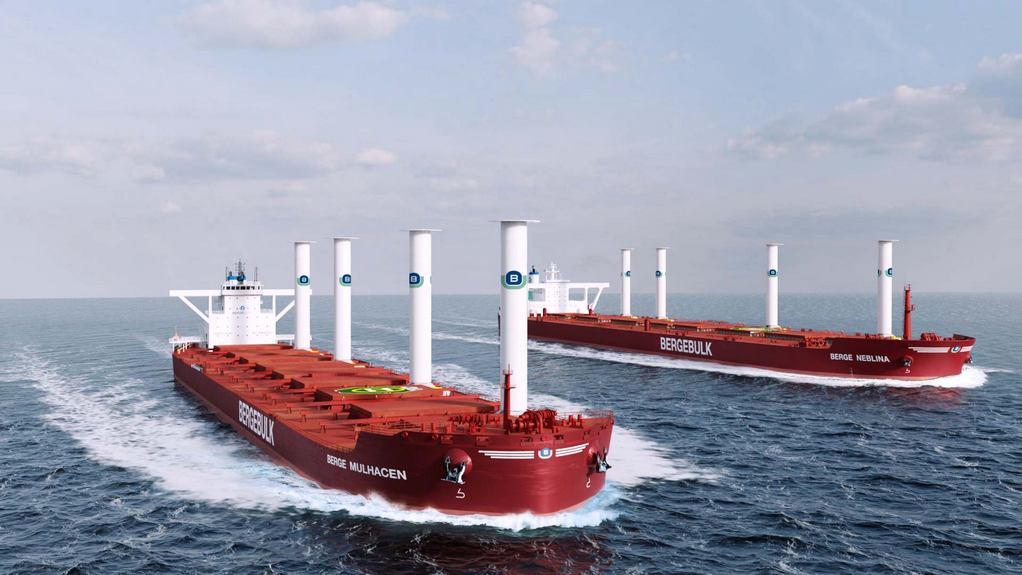ABS and Berge Bulk (BB) have signed a joint development project (JDP) to evaluate the feasibility of converting a bulk vessel to methanol fuel propulsion.
As disclosed, the agreement which will see BB and ABS explore the possibility of retrofitting the 300-meter-long heavy fuel oil-propelled bulk carrier Berge Mauna Kea to operate on methanol fuel.
The bulker is a 210,000t dwt bulk carrier, currently under construction at the Nihon Shipyard in Japan. Delivery is expected in mid-2024.
The six-month study is underway, and the two companies will collaborate on a broad range of subjects from the availability of methanol fuel and practicalities of bunkering to the review of technical and economic aspects of the conversion.
The project represents a significant step forward in the development of methanol as a marine fuel and underscores the growing momentum of the clean energy transition in the shipping industry.
One of the key benefits of methanol as a marine fuel is its low emissions profile. Compared to traditional marine fuels, methanol emits significantly lower levels of sulphur oxide (SOx), nitrogen oxide (NOx), and particulate matter, according to the partners.
Last year, Berge Bulk carried out the first marine biofuel trial on a dry bulk carrier with Dutch fuel supplier GoodFuels.
Tags: ABS, Berge Bulk, Bulker, Methanol, Vessel



Recent Posts
Hyundai Glovis to Retrofit Seven PCTCs with Avikus AI Navigation System
Super Terminais orders three more Konecranes Gottwald ESP.10 Mobile Harbor cranes
Covestro and HGK Shipping Extend Partnership to 2040 with Focus on Wind-Assisted Vessel Retrofit
Artemis Technologies Successfully Demonstrates 100 Percent Electric Crew Transfer Vessel at Aberdeen Offshore Wind Farm
IACS Council Advances Decarbonisation, Digitalisation and Governance Priorities at C91 Meeting in Beijing
Japan Launches Major R&D Project to Advance Shipbuilding with Alternative Fuels
EU Adopts Emissions Standards for Low Carbon Hydrogen to Bolster Clean Energy Market
Trafigura to Implement ZeroNorth’s AI Platform Across Global Fleet